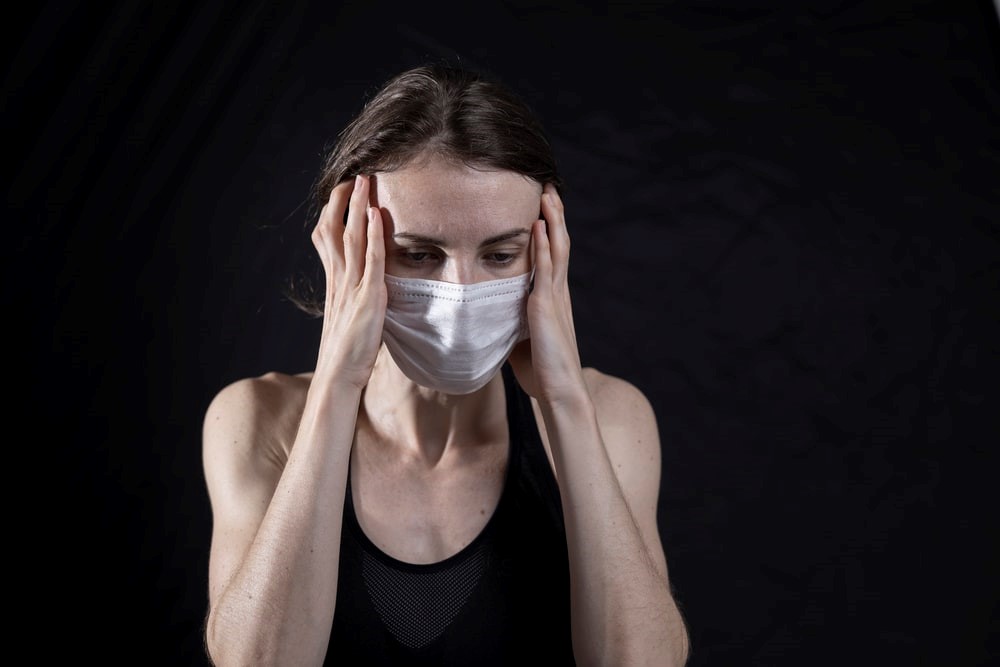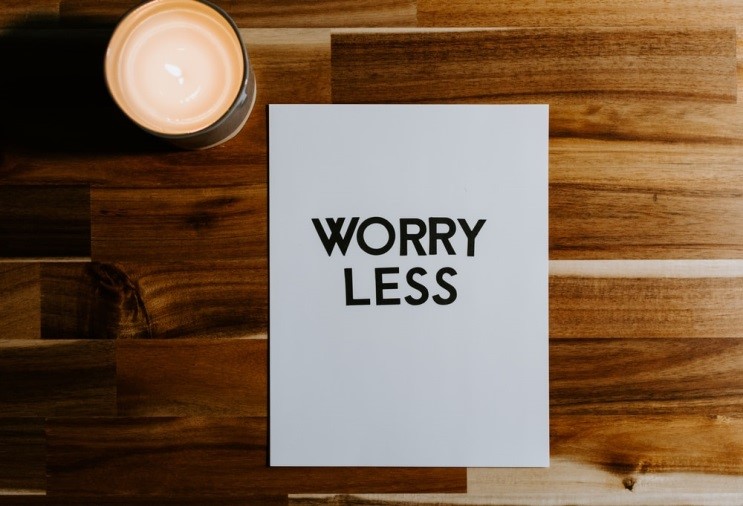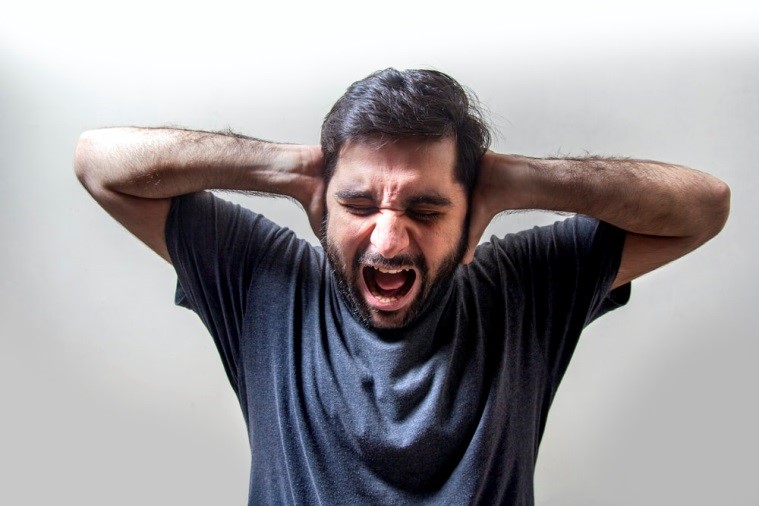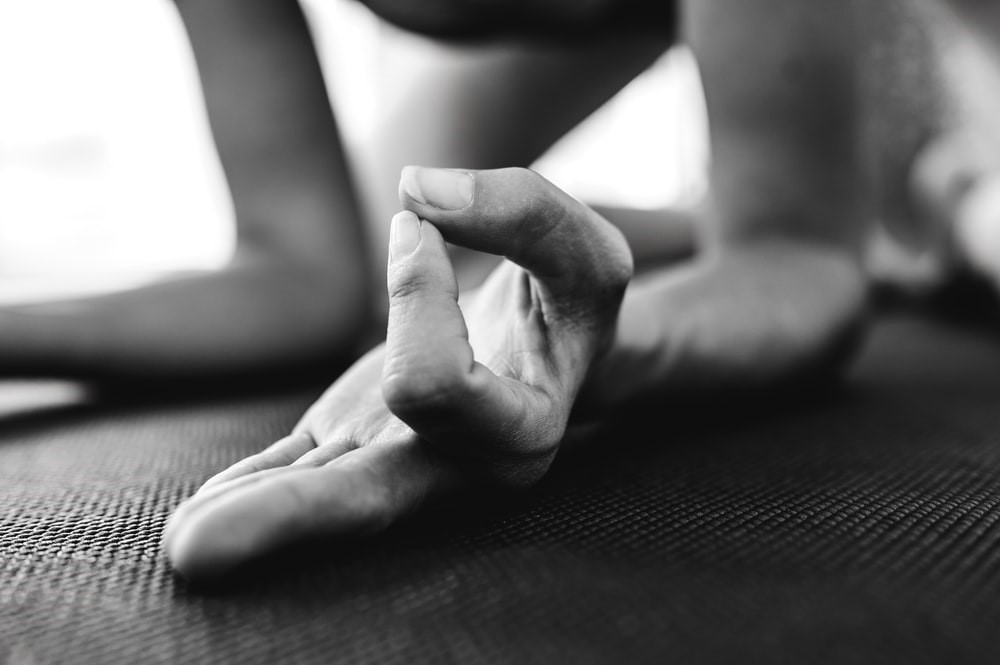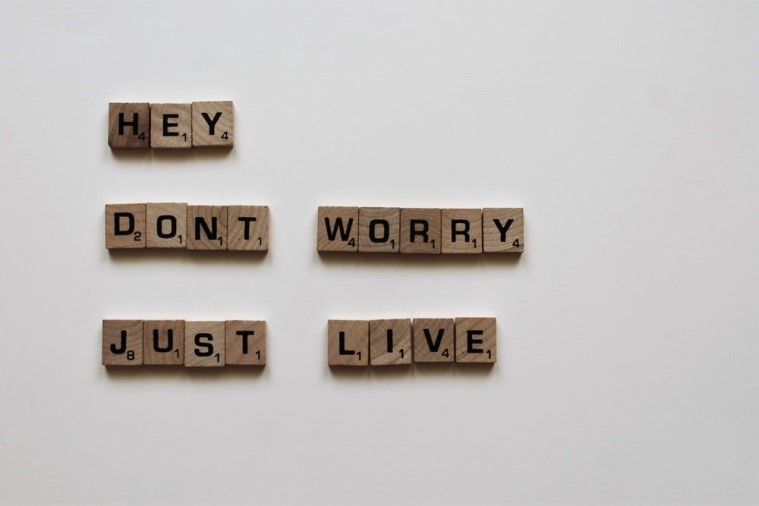Introduction:
Any time in your life, if you ever experienced a panic attack, you are aware that it could be more frightening than anything you could ever suffer from. It’s relatively easy to identify your physical symptoms of acute breathing, pain in the chest, or suffocation might be some allergic response, a heart attack, or possibly another kind of health risk. Furthermore, that doesn’t start to cover the twisting of stress and fear that accompanies panic attacks.
While panic attacks may cause you to feel like something genuine is feeling entirely wrong, specialists frequently see them as fake cautions, failing the body’s battle or-flight system. This is most likely to happen when your sympathetic sensory system reacts to an apparent danger by firing up physical mechanisms such as your heart rate.
Understanding what is a panic attack
Usually, a panic attack is a severe swing of anxiety and terror and is portrayed by its startling quality and weakening, immobilizing power. Your heart starts to beat quickly, making it difficult for you to breathe, and you might feel that you are about to die or go insane. Unfortunately, panic attacks regularly strike suddenly, with no caution, and at times with no up-front trigger. You might even get a panic attack while relaxing or sleeping even.
Panic attacks can occur once in your lifetime, albeit numerous individuals experience reoccurring events of such attacks. Repeated panic attacks are mainly caused due to a particular event or situation like crossing a high bridge or giving a speech in front of everyone, mostly if that situation was where you got your panic attack. Generally, the rousing panic condition is one where you feel threatened and incapable of breaking free. You may encounter at least one or several panic attacks, and at the same time, you can be content and healthy. In another case, you might experience a panic attack as part of some other disorder like depression, social or anxiety.
Common signs and symptoms of panic attacks
It is surprising that symptoms and indicators of a panic attack become evident out of nowhere and often become incredibly severe in less than ten minutes. You rarely experience a panic attack for more than an hour. It mostly ends fewer than twenty or thirty minutes maximum. Panic attacks have no specific time and can occur anywhere, any time. During such a condition, you will start to experience:
Acute breathing
Heart shivering or rapid breathing
Distress and pain in your chest
Shaking
Blocking feeling
Sweating
Feel far away from reality
Stomach pain or nausea
Feeling light-headed or faint.
Numbing sensations
Fear of going insane or dying
Ten ways to overcome panic attacks
No matter what the cause s, you can always treat your anxiety and panic disorders on time. There are some ways and strategies that you can implement to reduce and eradicate symptoms of such a disturbing condition, get back your confidence and gain control over your life once again.
1. Accept what you are going through.
Once you get an insight into your disorder and its indicators, the next step you do is admit and acknowledge the attacks you’ve been experiencing. This might seem an easy thing to do but neglecting your symptoms often results in an increased emotion of anxiety, fear, and threat. Examine your last encounter with a panic attack and see how your feelings of terror and stress intensify your symptoms. Changing the way you perceive your condition will be a great tool in coping and deal with it.
2. Change the way you react.
The next to accepting your panic attacks is to change the way you react to them. For instance, rather than responding to your physical indicators with anxious and terrifying thoughts like “this is getting out of hands,” you can go for a way to react to such symptoms more calmly and transparently.
Relaxation methods like breathing deeply, yoga, or meditation must be practiced as they prove beneficial in connecting you with your calming response. Restating optimistic statements like “I own myself, regardless of my anxiety” is an excellent tool in getting over any fear as well. Work on how you respond to your anxiety attacks, and you will eventually see to control yourself whenever you experience one.
3. Don’t fight your panic attacks.
This might seem illogical or absurd, but perhaps one of the most functional methods to respond in the middle of a panic attack is to let it out rather than keeping it in. for instance, you are watching a movie in a cinema, and you feel yourself creeping out and wanting to leave. In case you do, leaving and going somewhere else may become a safety behavior or a method you apply to run away from a situation you fear, which can worsen your condition and make your panic attacks long-term. This supports your thought that it makes you feel better, and this might lead you to avoid the places or situations where you have had your panic attack.
Instead of running away, being present in that particular place and tolerating your symptoms can allow you to see your panic attack as something you can deal with, rather than something you have to fear or avoid.
4. Pay attention to your breathing.
If you were going through a storm of panic attack, try to breathe deeply and slowly. Make sure that you are breathing carefully and that your breathing does not control you. You must be aware of different breathing exercises which you must practice once you get an attack. The most straightforward exercise to try is to inhale with a count to four and exhale in four counts. During breathing, remain conscious of the fact that it is something that will eventually pass, and very soon, you will feel okay.
5. Smelling lavender can help.
A calming fragrance is beneficial to reduce an anxiety attack as it directly affects your senses, keeps you grounded, and makes you focus on something. Lavender is a relatively traditional therapy known for its relaxing and calming properties. According to many studies, the lavender scent is beneficial in relieving stress and anxiety. Smell the lavender oil by inhaling it gradually, or you can pour some on cloth and smell it.
6. Tell yourself that it would be over very soon.
Although a panic attack does not last for more than ten or twenty minutes, it can seem like it’s never going to end. Telling yourself that this attack is limited and will end soon will help you handle and control it. After your panic attack ends, think about it again and tell yourself something that, though it felt awful, it was only eight minutes before it was gone. In case you have another panic attack, reminding yourself about the past situation can give you the ability to get over it once again.
7. Show yourself some kindness.
It’s expected that you will feel low while you struggle with panic attacks, but it is also vital that you are kind towards yourself. You must understand that managing panic and anxiety is your journey to discover the positives in the things you go through. Having panic attacks does not mean that you have to compromise on your quality of life. Whatever you have lost, you can get it all back. If we look on the brighter side, anxiety has its gifts to offer; it makes you more attentive about looking after yourself and asks for you to focus on your signs.
8. Share with others.
Having panic attacks can become bearable to some extent if you share your situation with a friend or family member. Hearing from another person that you will be okay and you will get through this is a great help. Teaching your close ones the strategies of helping a person with a panic attack can help a person in need.
9. Find stress-free activities.
You must include such activities in your schedule that eliminate stress, anxiety and healthily affects your body; doing physical exercise excretes endorphins which is a natural element that makes you feel happy and satisfied. Continuous training has been associated with decreased anxiety and panic attacks and improves your sleep, giving you a calm mood.
10. See your doctor or therapist.
In case your panic attacks are getting severe, it’s time that you see your doctor or a professional therapist. There is no surprise that you will be getting CBT-bases strategies for your condition, but Cognitive Behavioral Therapy is thought to be a necessary treatment for panic attacks. Seeing a therapist will help you get over your panic disorder, and this therapy will be very successful.
Conclusion
You can never predict your panic attack what having a strategy in mind to control it regardless of where it will occur can help. Practice breathing exercises and keep yourself away from distressing activities. Adopting long-term strategies like creating a healthy eating routine, therapy and exercise can help you gain control over your panic attacks.



